Main Krishnamurti Bol Raha Hun
- Publisher: Prabhat Prakashan
- Language: Hindi
- Binding: Hindi
Original price was: ₹150.00.₹145.00Current price is: ₹145.00. /-
2 in stock
Order Main Krishnamurti Bol Raha Hun On WhatsApp
Description
Main Krishnamurti Bol Raha Hun
Introduction to Jiddu Krishnamurti’s Philosophy
Jiddu Krishnamurti’s philosophy is central to this book. His thoughts revolve around the idea that truth is a pathless land, which cannot be approached by any religion, philosophy, or system. Throughout his teachings, he rejected all forms of organized belief, arguing that these structures often limit personal growth and prevent true freedom.
jiddu krishnamurti books focus on several core themes, including the nature of thought, fear, conditioning, and self-awareness. He speaks directly to the reader, often in a conversational tone, challenging preconceived notions and urging self-inquiry.
Key Themes of the Book
- The Nature of Thought One of the central premises of Krishnamurti’s teachings is the understanding of thought itself. He argues that thought is a product of memory and knowledge, both of which are rooted in the past. As a result, any action or understanding based on thought is limited by these past experiences.Krishnamurti repeatedly emphasizes that thought, by its nature, creates divisions—both within the self and in the external world. For example, thought creates the “I” and “you,” the observer and the observed, which leads to conflict, comparison, and competition. According to him, the essence of conflict in human relationships and society lies in these divisions created by thought.
- Self-Observation and Awareness Krishnamurti advocates for a deep sense of awareness and self-observation as a way to transcend the limitations of thought. He speaks extensively about the importance of understanding oneself without judgment or analysis. This self-observation, he suggests, must be done without the interference of thought, which tends to distort reality.In the book, Krishnamurti also challenges the reader to observe how the mind works—its habitual patterns, its conditioning by society, culture, and personal experiences. By becoming deeply aware of these patterns, he believes one can break free from the past and experience true freedom.
- Conditioning and Freedom A recurring theme in Krishnamurti’s teachings is the concept of conditioning. He believes that from childhood, individuals are conditioned by family, education,
 religion, and society, all of which impose a framework through which they see the world. This conditioning creates boundaries in one’s thinking and behavior, limiting personal freedom.Krishnamurti argues that to experience true freedom, one must break free from this conditioning. He stresses that freedom is not the result of rebellion or resistance but comes through understanding the nature of one’s conditioning and consciously stepping beyond it.
religion, and society, all of which impose a framework through which they see the world. This conditioning creates boundaries in one’s thinking and behavior, limiting personal freedom.Krishnamurti argues that to experience true freedom, one must break free from this conditioning. He stresses that freedom is not the result of rebellion or resistance but comes through understanding the nature of one’s conditioning and consciously stepping beyond it. - The Problem of Fear Fear is another significant topic Krishnamurti delves into. He explores the various sources of fear—whether it’s fear of the future, fear of loss, or fear of death. According to him, fear is deeply rooted in the human psyche because of the constant movement of thought, particularly its attachment to the past and future. He contends that fear exists because thought projects itself into what might happen, creating anxiety and stress.To be free from fear, Krishnamurti suggests that individuals must first recognize how thought contributes to it. By becoming aware of this process and living fully in the present, one can go beyond fear and live a life of inner peace.
- Love and Relationships In “Main Krishnamurti Bol Raha Hun,” Krishnamurti also touches upon the nature of love and relationships. He speaks about the conditioning of love by society and culture, where love is often intertwined with attachment, possession, and desire. Krishnamurti suggests that these forms of love are not true love, as they are rooted in ego and self-interest.True love, according to Krishnamurti, can only exist when there is freedom—freedom from the ego, from possessiveness, and from the demands of the self. In relationships, he believes that real love blossoms when both individuals are not bound by their own needs and insecurities but are able to connect without judgment or expectations.
- Living in the Present Krishnamurti often speaks of the importance of living in the present moment. He warns against the tendency of the mind to constantly dwell in the past or project into the future, which prevents individuals from experiencing life as it is.In his view, the past is merely a collection of memories, while the future is uncertain and shaped by the same thoughts that arise from the past. To truly experience life, one must be fully present, with a mind that is free from the constraints of time and thought. This state of awareness allows for true creativity, peace, and joy.
Spiritual Freedom and Intelligence
Krishnamurti’s approach to spirituality is devoid of religious dogma or rituals. He advocates for an intelligence that is born out of direct perception and awareness rather than one shaped by intellectual knowledge or belief systems. This intelligence, he believes, is the source of true freedom.
The book emphasizes that spiritual freedom comes when individuals are able to observe themselves and the world without the filter of thought and conditioning. This freedom is not an escape from the world but a profound engagement with it, where one lives without conflict, fear, or division.
Dialogue and Self-Inquiry One of the defining features of Krishnamurti’s teaching style is his dialogical approach. Rather than providing direct answers, he often poses questions to the reader, encouraging them to engage in self-inquiry. He believes that understanding and insight can only come when one investigates truth for oneself, rather than relying on external authorities or teachings.
In “Main Krishnamurti Bol Raha Hun,” the reader is constantly challenged to question their assumptions about life, relationships, and society. Krishnamurti emphasizes that true learning is not the accumulation of knowledge but a process of constant discovery and inquiry.
Education and the Mind Krishnamurti also speaks at length about the role of education in shaping the human mind. He critiques traditional education systems, which he believes focus too much on intellectual achievement and rote learning, rather than on cultivating true understanding and wisdom.
intellectual achievement and rote learning, rather than on cultivating true understanding and wisdom.
According to Krishnamurti, the purpose of education should be to help individuals understand themselves and the world around them, not just prepare them for a career. He advocates for a form of education that encourages creativity, critical thinking, and self-awareness, which can help individuals break free from societal conditioning and live more fulfilling lives.
In “Main Krishnamurti Bol Raha Hun,” Jiddu Krishnamurti offers a thought-provoking critique of traditional education systems and their impact on the human mind. He believes that conventional education is deeply flawed because it primarily focuses on intellectual development, the accumulation of knowledge, and the pursuit of external success. This, according to Krishnamurti, leads to a fragmented mind that is more concerned with competition, achievement, and conforming to societal expectations, rather than fostering true understanding and wisdom.
Krishnamurti’s View on Traditional Education
Krishnamurti argues that education, as it is commonly practiced, emphasizes rote learning, memorization, and the pursuit of grades or accolades. This approach encourages students to compete with each other, measure their worth through external success, and focus solely on the material or intellectual aspects of life. He believes that such an education conditions individuals to conform to established societal norms, preventing them from thinking independently or questioning the structures they live within.
This kind of education, Krishnamurti asserts, does not address the whole human being—it neglects emotional, psychological, and spiritual development. By focusing purely on intellectual achievement, it produces individuals who are knowledgeable but often lack wisdom, compassion, or self-understanding.
The Purpose of True Education
For Krishnamurti, the real purpose of education should be to help individuals understand themselves and the world around them, not just to prepare them for a career or a role in society. He believes that education should aim to cultivate a mind that is free from conditioning, one that can think critically, creatively, and with compassion. He advocates for an education that encourages self-awareness, where students are taught to observe their thoughts, emotions, and reactions without judgment.
Krishnamurti stresses the importance of teaching children to inquire, to question, and to explore life with an open mind, rather than simply absorbing information passively. He emphasizes that education should nurture curiosity, creativity, and a sense of wonder about the world, allowing individuals to grow into fully realized human beings, rather than simply functioning members of society.
Self-Understanding and Intelligence
Krishnamurti believes that true intelligence is not the result of intellectual knowledge or the accumulation of facts but arises from deep self-understanding. He argues that a mind that is merely trained to follow authority, memorize facts, or achieve success is not truly intelligent. Instead, intelligence comes from the ability to perceive the world without the distortion of conditioning or preconceived ideas.
He advocates for an education that encourages individuals to explore their inner world, to understand their fears, desires, and motivations. This self-understanding, according to Krishnamurti, is essential for cultivating a mind that is free, creative, and capable of facing the challenges of life with clarity.
The Role of Teachers and Schools
Krishnamurti’s vision of education also extends to the role of teachers and schools. He believes that teachers should not merely impart knowledge but should act as guides, helping students develop a  deeper understanding of themselves and the world. A good teacher, according to Krishnamurti, is one who encourages students to think independently, question authority, and explore life with an open mind.
deeper understanding of themselves and the world. A good teacher, according to Krishnamurti, is one who encourages students to think independently, question authority, and explore life with an open mind.
He also envisioned schools as places where students can learn about life in its entirety, not just academics. In the schools he founded, such as the Rishi Valley School in India, the focus is on holistic education, where students are encouraged to develop not just intellectually but also emotionally, socially, and spiritually. These schools aim to create environments where students can grow in an atmosphere of freedom, inquiry, and compassion.
Breaking Free from Conditioning
A major focus of Krishnamurti’s educational philosophy is the need to break free from societal and cultural conditioning. He argues that traditional education perpetuates the conditioning of the mind, encouraging individuals to conform to societal expectations, norms, and roles. This conditioning limits freedom and creativity, preventing individuals from seeing the world and themselves clearly.
Krishnamurti stresses that true education should aim to liberate the mind from this conditioning. He believes that students should be taught to question authority, challenge societal norms, and think independently. This, he suggests, is the only way to create a society that is free from conflict, division, and violence.
Living with Awareness
Ultimately, Krishnamurti’s vision of education is one that encourages individuals to live with awareness—awareness of their thoughts, emotions, and the world around them. He believes that this awareness is the foundation of true intelligence and freedom. By cultivating a mind that is fully aware, individuals can live a life of clarity, compassion, and creativity, unburdened by the limitations of conditioning or societal expectations.
In summary, Krishnamurti’s ideas on education challenge the conventional approach, advocating for a holistic, self-aware form of learning that addresses the emotional, psychological, and spiritual aspects of the human being. He envisions an education that nurtures intelligence, creativity, and freedom, helping individuals to live fulfilling, meaningful lives.
Ending Conflict and Finding Peace Krishnamurti concludes many of his discourses by addressing the root causes of conflict in the world—whether it be between nations, communities, or individuals. He argues that conflict arises because of division, created by thought, belief systems, and personal desires. To end conflict, both on a personal and global level, one must first end the inner conflict within oneself.
Krishnamurti believes that when individuals are free from fear, desire, and attachment, they can live in harmony with others. Peace, therefore, is not something that can be achieved through political means or external solutions, but only through inner transformation.
Meditation and the Mind Krishnamurti offers a unique perspective on meditation. He suggests that true meditation is not about following a technique or method but is about being deeply aware of the movement of thought and the mind. For him, meditation is not a practice confined to a specific time or place but a continuous state of awareness in daily life.
In the book, he describes meditation as a way of observing the mind without any effort or direction, allowing one to see the workings of thought and consciousness clearly. This state of observation without interference leads to a mind that is quiet, still, and free from conflict.

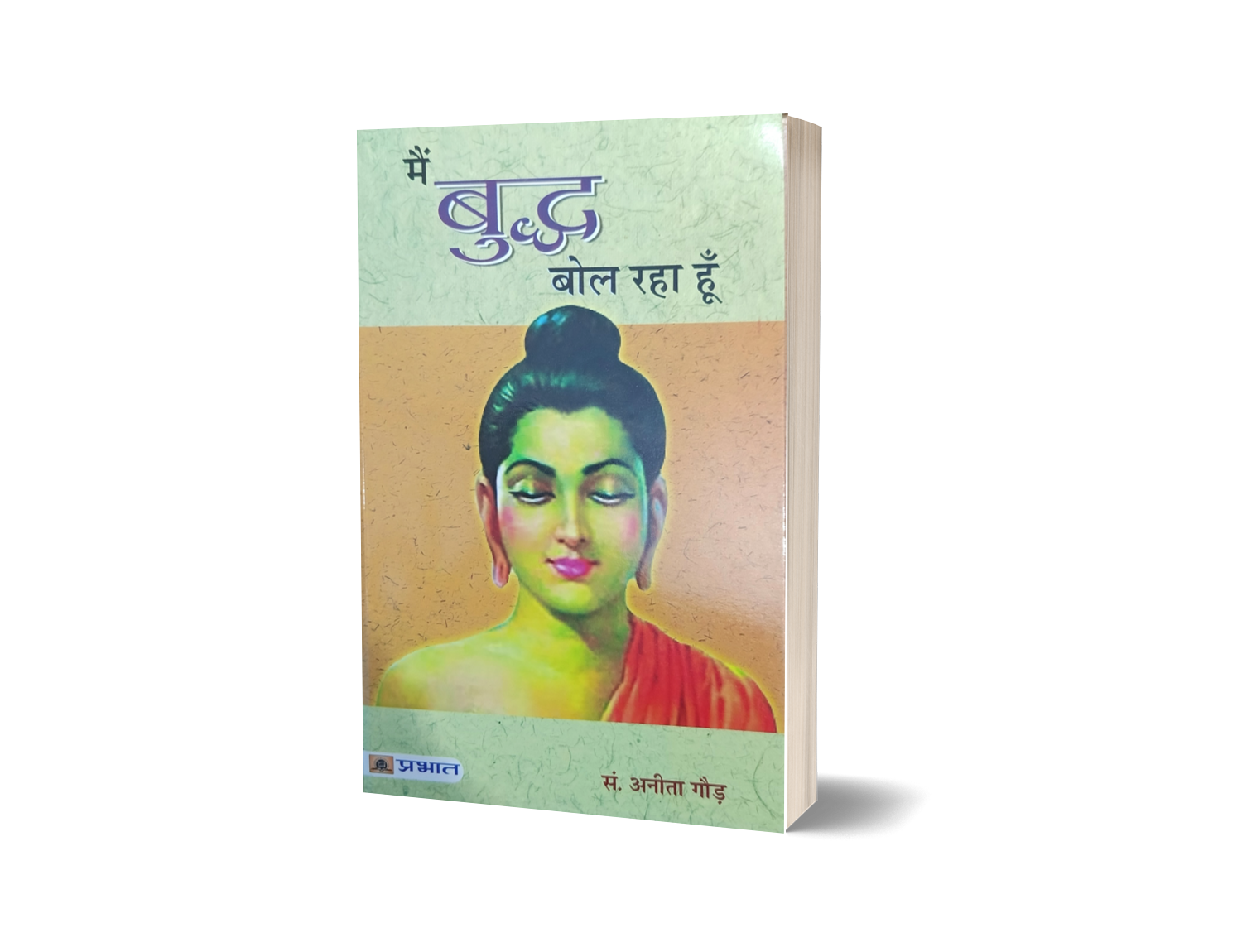
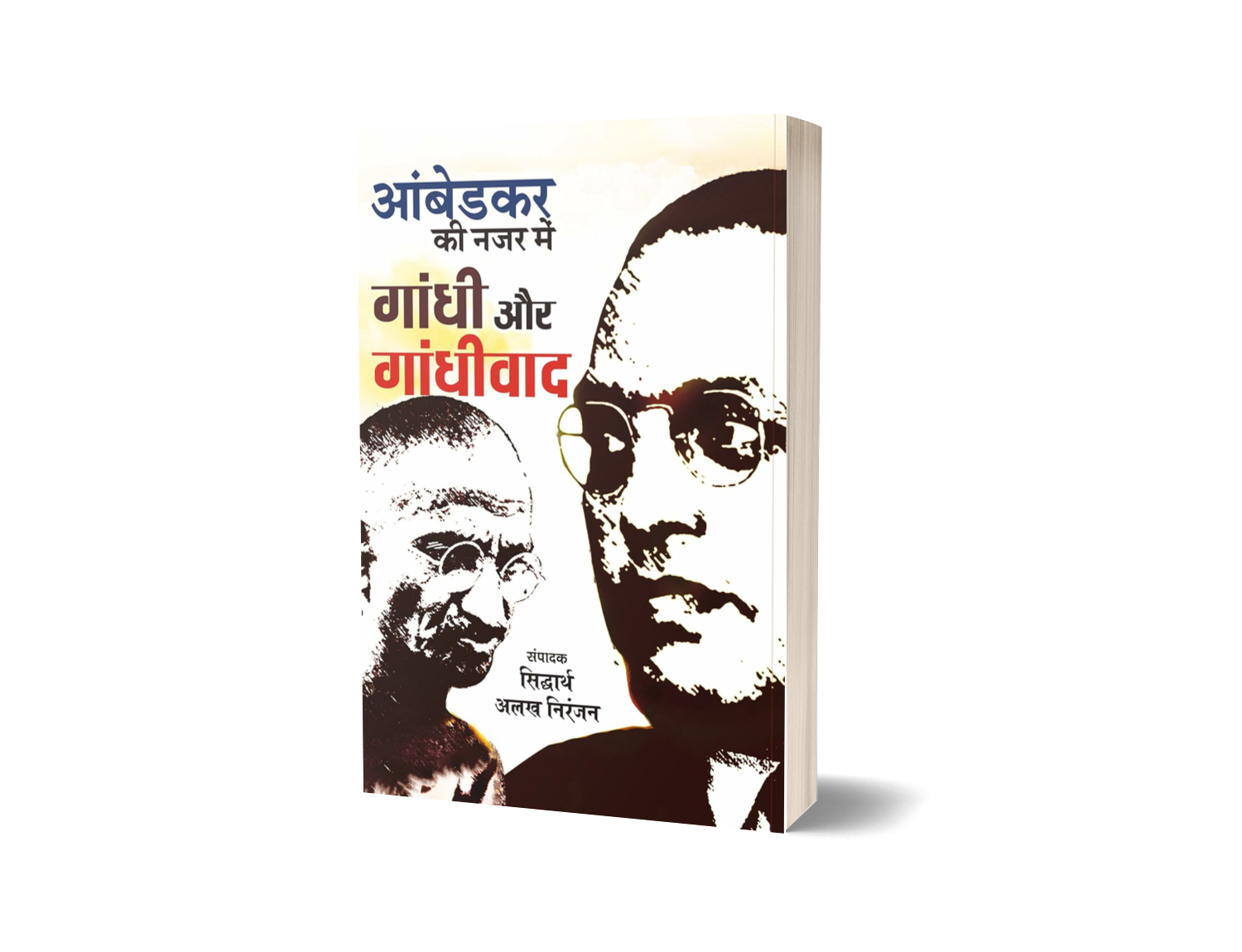
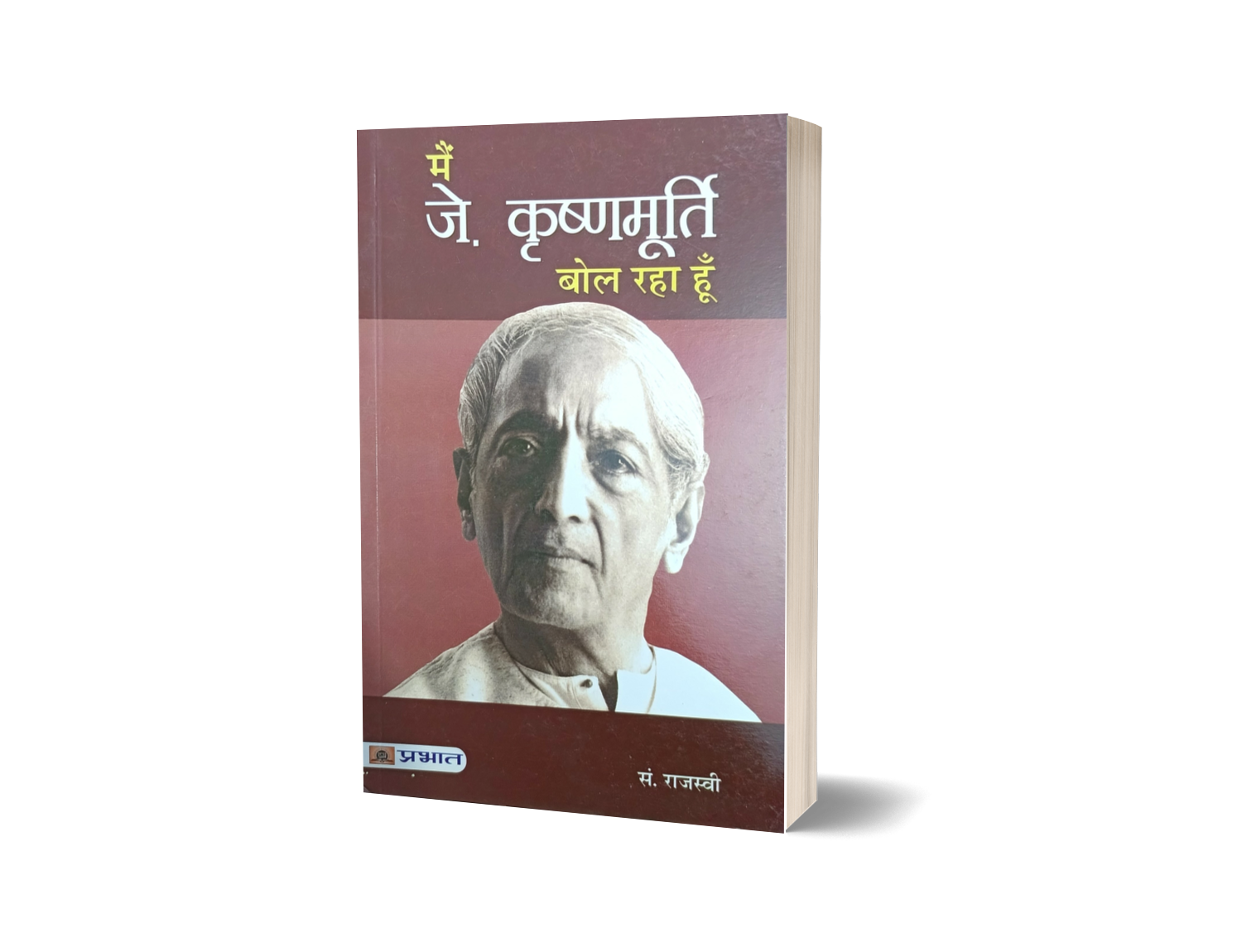





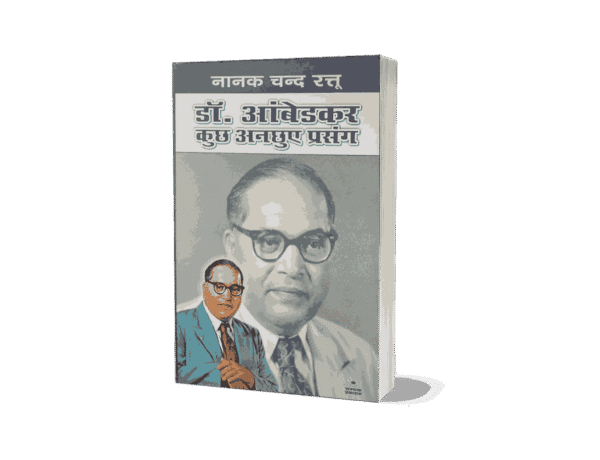
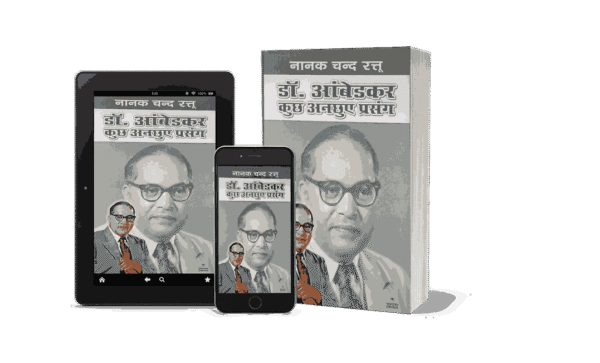
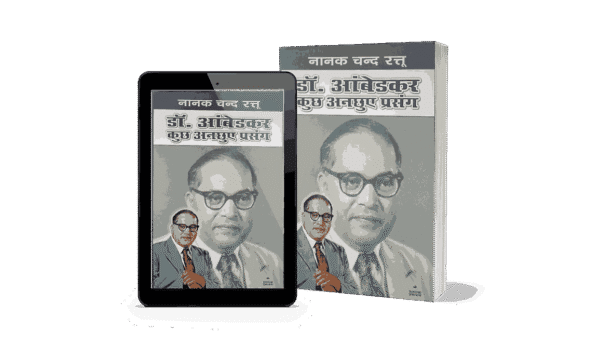
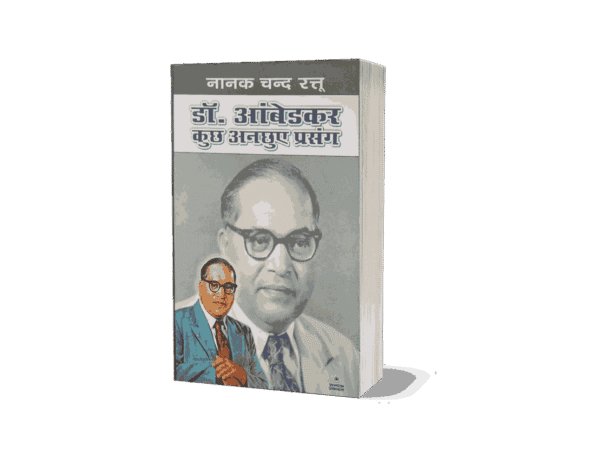
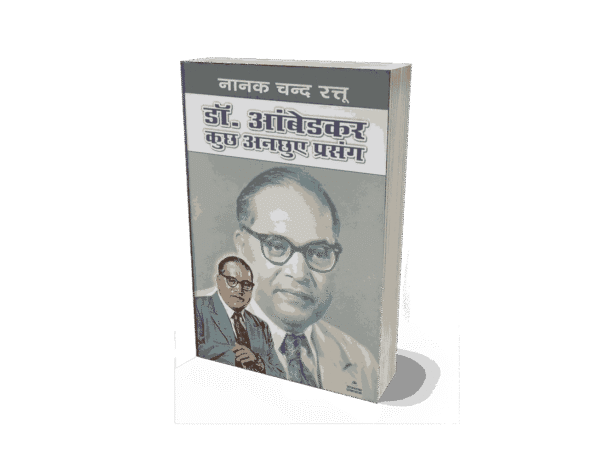
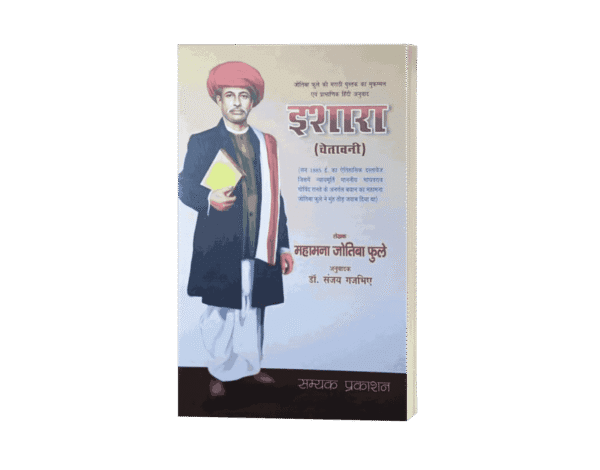
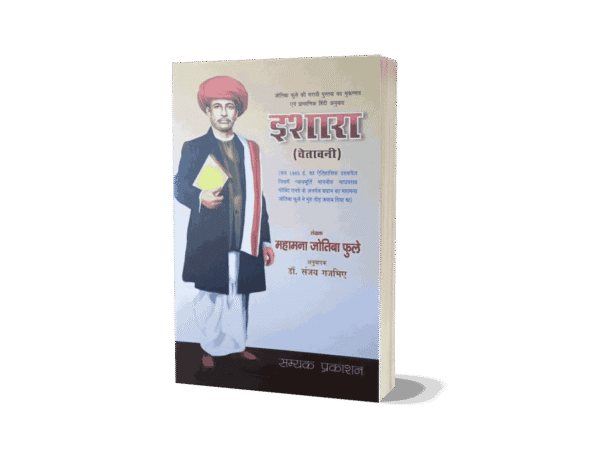
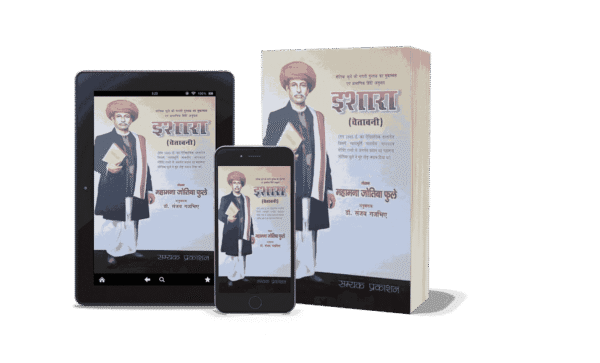
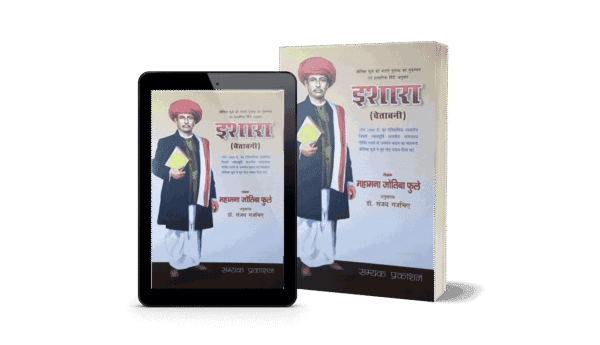
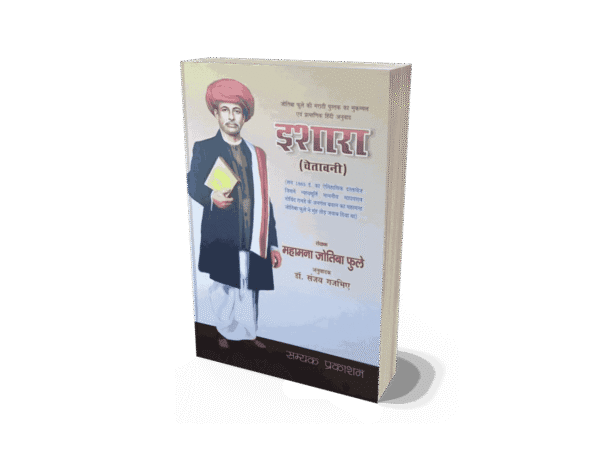
Dinesh –
Good Book On J. Krishnamurti